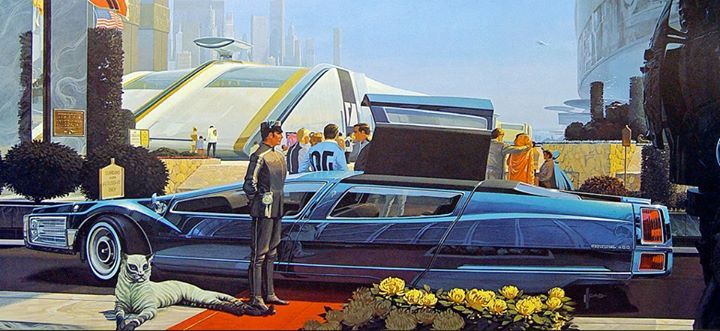I don’t think there’s any question that Uber is good for consumers and bad for workers, but even if America’s newest set of wheels goes bust like Napster, the bigger picture is that the war has been quietly lost regardless of what happens in that one loud battle. The music industry wasn’t brought down just by Sean Parker, but by the wave he represented. From Avi-Asher Schapiro’s Jacobin article about labor’s share getting smaller:
“Uber claims there’s no need for a union; it instead asks drivers to trust that the company acts in their best interest. Uber refused to show me complete data detailing average hourly compensation for drivers. It does claim, however, that UberX drivers are making more money now than before this summer’s price cuts.
‘The average fares per hour for a Los Angeles UberX driver-partner in the last four weeks were 21.4% higher than the December 2013 weekly average,’ Uber spokesperson Eva Behrend told me. ‘And drivers on average have seen fares per hour increase 28% from where they were in May of this year.’
I couldn’t find a single driver who is making more money with the lower rates.
What’s clear is that for Uber drivers to get by, they’re going to have to take on more rides per shift. Uber implicitly concedes as much: ‘With price cuts, trips per hour for partner-drivers have increased with higher demand,’ Behrend said.
So while drivers make less per fare, Uber suggests they recoup losses by just driving more miles. That may make sense for an Uber analyst crunching the numbers in Silicon Valley, but for drivers, more miles means hustling to cram as many runs into a shift as possible to make the small margins worthwhile.”

